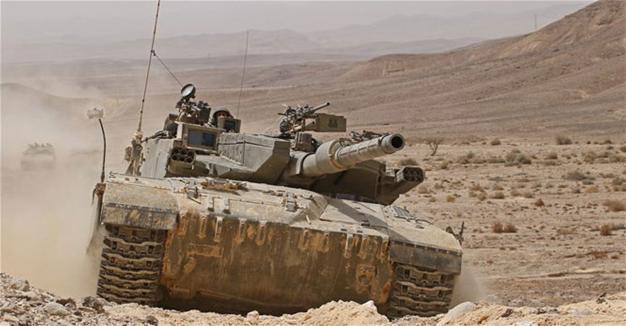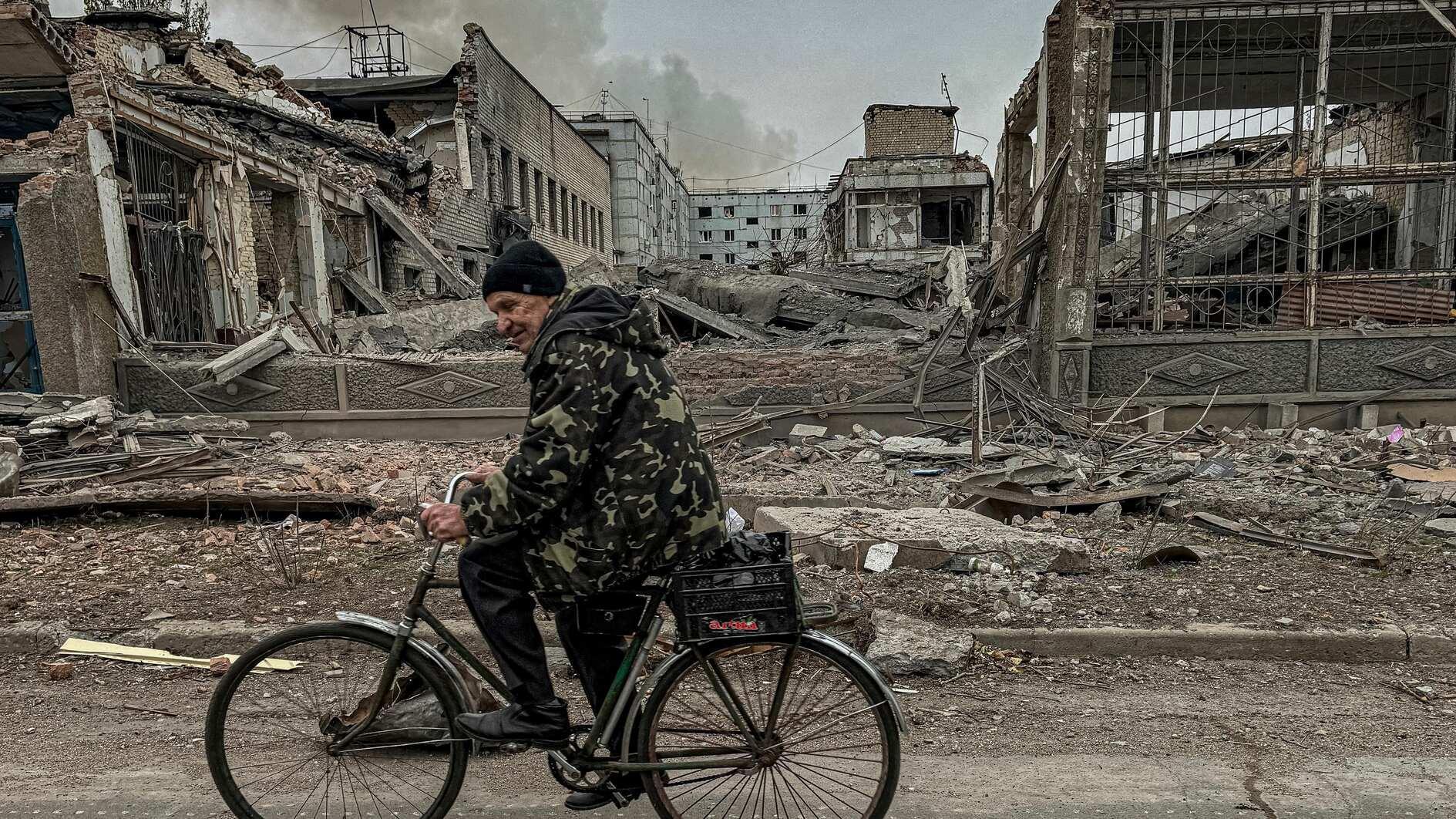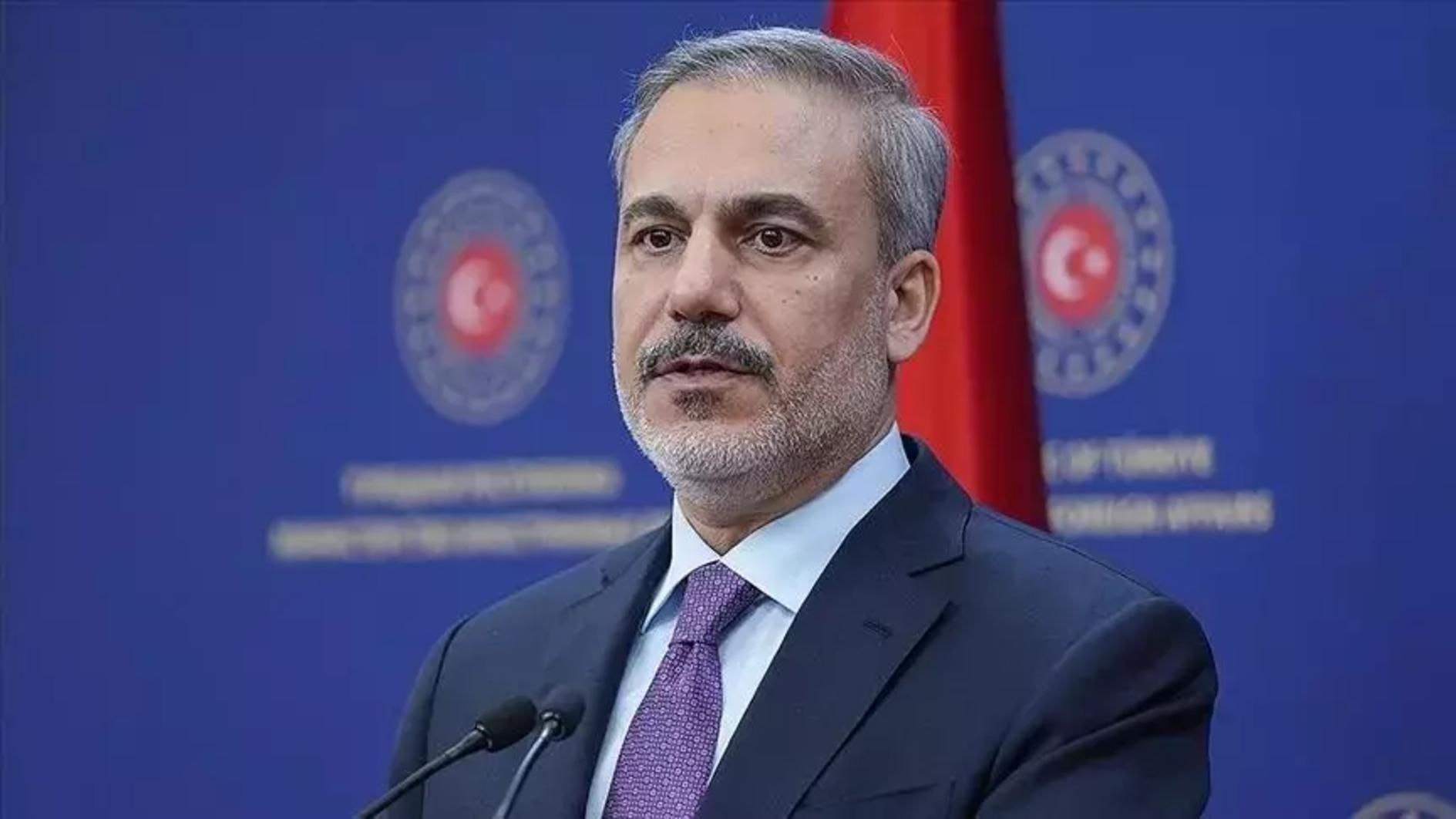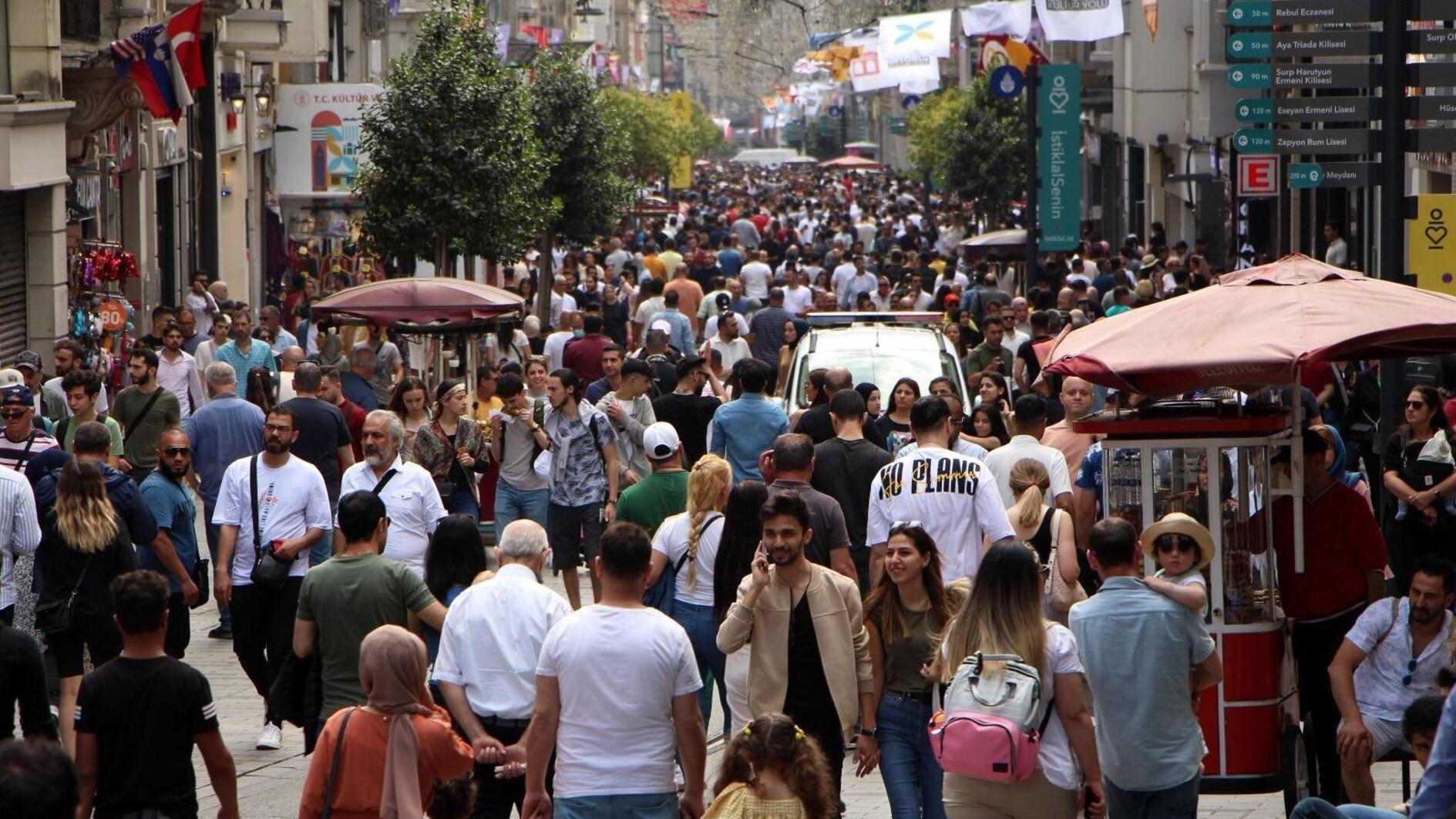Iran might have hit Turkish soldiers, Pentagon says
Tolga Tanış - WASHINGTON
 A drone that killed four Turkish soldiers last week in Syria might belong to Iran, the Pentagon has said.
A drone that killed four Turkish soldiers last week in Syria might belong to Iran, the Pentagon has said.There are four actors who might have conducted the deadly attack, a senior U.S. official told Hürriyet following a report in which a senior Turkish official said an Iranian-made drone was used in the attack in northern Syria.
“These are the coalition, Russia, the Assad regime and Iran-backed Shia militias,” said the U.S. official.
“It is not the coalition. ‘We didn’t,’ Russia said. There is no reason for them to conduct such an attack, and also there is no indication contradicting what they say. So the only two left are the regime and the militias. Iran has the capability. We know that they have armed UAVs. And there are Shia militias around Rasm al-Abboud where this UAV took off from. So it might be Iran,” the official said.
Turkey identified the drone as Iranian-made, but it has still not identified whether Hezbollah, the Quds Force or another Shiite militia group in Syria had used it, Hürriyet Daily News reporter Sevil Erkuş quoted the Turkish official as saying on Dec. 7.
The drone killed four Turkish soldiers on Nov. 24.
Turkish Foreign Minister Mevlüt Çavuşoğlu, accompanied by National Intelligence Agency (MİT) Chief Hakan Fidan, paid a surprise visit to Tehran early on Nov. 26, where the Turkish delegation discussed “issues regarding ISIL and counter-terrorism” with Iran and also raised the issue that their findings on the attack on Turkish soldiers in Syria indicated that an Iranian-made unmanned drone was used, the official, who spoke on condition of anonymity, told the Hürriyet Daily News.
The Turkey-backed rebels’ operation near al-Bab is not part of the NATO coalition against the jihadist group, the U.S. official also said.
“Turkey started the Jarablus operation unilaterally,” the official said, referring to the Euphrates Shield operation that began on Aug. 24.
“Then after an agreement we reached to clear the border area from ISIS [ISIL] and to create a buffer zone, we supported the operation. Dabiq was out of this buffer zone. Yet, the coalition gave support when Turkey-backed opposition groups liberated Dabiq. But when Turkey advanced south from Dabiq, it was different than what we agreed, and the coalition didn’t support these efforts,” the official said.
When asked why the coalition had not supported the Turkish advance on al-Bab, the official said: “Our concern about al-Bab is that the area is too close to the location where Syrian regime forces are. It is dangerous when the Turkish military and the regime forces are that close. We don’t want to see it.”
The official replied affirmatively when asked if the U.S. was concerned about a clash between the People’s Protection Unit (YPG) forces, which are also advancing toward al-Bab, and the Turkish military.
Turkey considers the Syrian Kurdish Democratic Union Party (PYD) and its armed wing, the YPG, as terrorist groups linked to the outlawed Kurdistan Workers’ Party (PKK).
“We are also concerned about a clash between YPG and Turkish forces. We are concerned about all efforts that would distract from the efforts focusing on ISIS,” the official said.
















